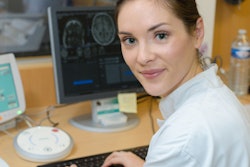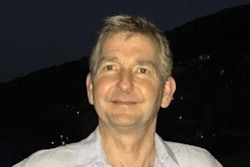Dear AuntMinnieEurope Member,
Few people would disagree that the benefits of gadolinium-based contrast agents far outweigh the drawbacks, but one of the negative aspects is the water pollution they can cause.
This issue isn't of major concern yet, but gadolinium levels must be closely monitored and observed in the years to come, German researchers warn. They've developed a new way of measuring gadolinium concentrations in rivers, and they've recently reported their findings for the Ems River near Muenster. Find out more in the MRI Community.
Johns Hopkins University has a lofty global reputation in the medical sphere, and one of the reasons behind its success appears to be how it builds a spirit of togetherness and harmony. Neuroradiologist Dr. David Yousem and his colleagues have elaborated on this topic, and they've given some advice on how to improve the atmosphere at work.
What's Prof. Paul Parizel been up to since his high-profile move from Belgium to Australia in 2019? Keeping extremely busy, it seems. Along with a colleague, he's produced a radiology primer on artificial intelligence, and as you'd expect, it's a well-researched and readable guide.
RSNA 2021 begins in Chicago on 28 November. Doubts remain about how many onsite attendees will be at the congress, and the final figure may be low as 15,000, compared with the usual 50,000-plus. However, the companies are planning a series of significant product launches, and photon-counting CT looks set to feature prominently in the exhibition halls at McCormick Place.
Also, be sure to check out our Road to RSNA preview of the scientific sessions at RSNA on our sister site, AuntMinnie.com. We've already posted previews of artificial intelligence, women's imaging, digital x-ray, and CT, and more are to come.
Finally, we have a report about the pandemic's impact on radiology trainees, based on the results of a new survey conducted by the European Society of Radiology.


















